Introduction
Yes, dogs can eat turkey bacon. Turkey bacon is not toxic to dogs, and eating a small turkey bacon slice every now and then is not going to harm your dog. However, turkey bacon is not an everyday food for dogs.
To keep things safe, you should use the turkey bacon as a special snack (not a training treat). Also, you need to be mindful about the type of turkey bacon you are using when serving your dog.
Why is Turkey Bacon Good for Dogs?
Yes, turkey bacon is dog-friendly. In fact, if you are up to giving your dog bacon, the turkey option should be your top choice. Turkey bacon is a healthier alternative to traditional bacon and can be used as an occasional snack. Let’s see the reasons turkey bacon is good for dogs.
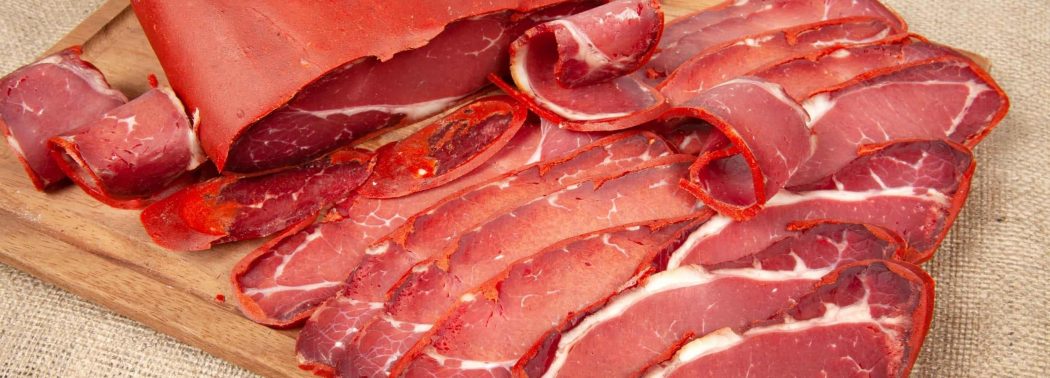
Proteins and Amino Acids
Turkey bacon is loaded with protein and health-boosting amino acids. Proteins and amino acids are building blocks for living cells and vital to normal body functioning.
Rich in Fatty Acids
Turkey bacon contains fatty acids. Fatty acids have several beneficial roles in the dog’s body – from promoting cardiovascular health to supporting healthy skin and a shiny coat. Some fatty acids have natural anti-inflammatory features.
Lower in Fats
Unlike the traditional pork bacon, turkey bacon is lower in fats. This is because turkey meat, in general, is very lean and contains smaller amounts of fat.
Pill Pockets
Giving pills to dogs can be a challenging task, especially for fussy eaters. To make the charge simpler, you can wrap the pill in a turkey bacon slice. The mouth-watering scent and flavor will mask the pills’ presence.
Can Turkey Bacon be Bad for Dogs?
Yes, turkey can be bad for dogs. Giving your dog turkey bacon every day or in large amounts is a recipe for disaster. While turkey bacon is a better alternative to other types of bacon, it is not a staple food.
So, if you consider sharing turkey bacon with your dog every time you eat it, think twice. Here are the reasons turkey bacon can be bad for dogs.
Stomach Upset
Turkey bacon is processed food. Dogs are not very good at digesting processed foods. Therefore, treating dogs with turkey bacon can result in a stomach upset manifesting with vomiting, diarrhea, abdominal pain, lack of appetite, and lethargy.
High-Sodium Levels
Some turkey bacon options are low in sodium. However, traditional recipes include lots of sodium. In small amounts, sodium is essential for the body’s function, but in excess amounts, it can trigger dehydration or, worst-case scenario, poisoning. Sodium (salt) intoxication is a serious condition.
Inflammation of the Pancreas
Although lower in fat than pork bacon, turkey bacon still contains a considerable amount of fat. Therefore, overfeeding dogs with turkey bacon may result in a severe pancreatitis episode. If left unmanaged, pancreatitis is a potentially life-threatening situation.
A Caloric Snack
Turkey bacon is a high-calorie food. Therefore, it should not be fed to overweight and obese dogs. There are far better snacks for dogs on weight-loss regimens.
Garlic & Onion
To boost the meaty flavor, many brands add powdered garlic and onion to the turkey bacon. Sadly, both garlic and onion are toxic to dogs. As members of the Allium family, garlic and onion contain chemical compounds that damage red blood cells. Once damaged, the red blood cells are removed from circulation, which leads to anemia.
Spices Overload
In addition, or instead of garlic and onion, some turkey bacon recipes feature added spices like black and red pepper. The dog’s stomach is not designed to process spices and easily gets irritated. Plus, in more severe cases, spices can cause gastrointestinal ulcers.
Artificial Additives
It is no secret that all bacons contain artificial additives. Frequent consumption of such additives is closely linked with adverse health effects. In fact, some human studies show a correlation between food additives and certain types of cancer.
How Much Turkey Bacon Can my Dog Eat?
As noted, turkey bacon is a special snack – not a training treat and definitely not a daily meal. To make sure you are on the safe side, you need to stick to the proper serving guidelines.
Namely, you can give your dog two or three bite-sized chunks of bacon. For smaller dogs, do not serve more than one and if you have a sizeable dog, feel free to offer up to four chunks.
In terms of serving frequency, once every two weeks is more than enough. As with all human foods, you need to start small and gradually work your way up until reaching the recommended portion size. And, if you have a puppy, avoid giving turkey bacon or any other similarly processed food.
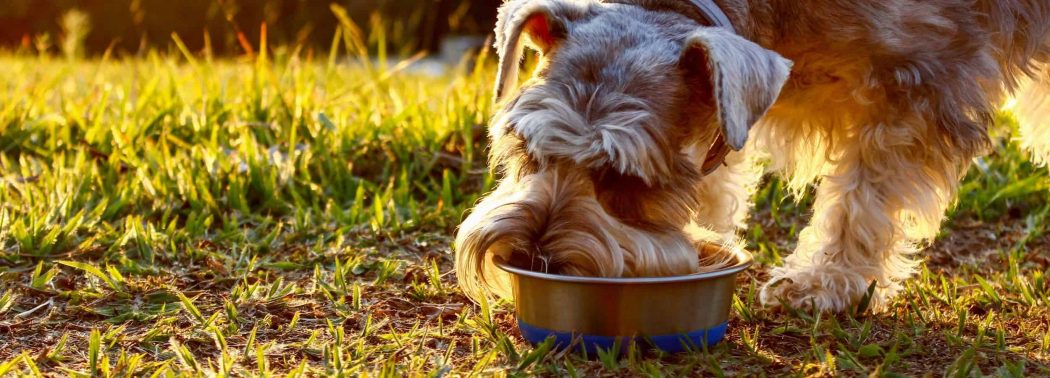
How to Prepare and Serve Turkey Bacon for Your Dog?
First of all, you need to purchase the right turkey bacon. By right, we mean non-cured, low-sodium, and free from added spices (garlic and onion in particular).
Then, once you have the turkey bacon at home, you should wash the bacon slices under running water. This will help remove the juices and wash the sodium. Then you can store the turkey bacon in the refrigerator in an air-tight container.
If it is serving time, chop the piece or slice it into smaller chunks and give them to your dog. You can either use them as treats or place them on top of the dog’s regular food.
Summary
The final verdict on turkey bacon is that it is dog-friendly as long as it is free from harmful ingredients and used as a special treat.
However, do not forget that if you want to include turkey meat in your dog’s diet, using boiled and lean turkey meat is a far healthier choice than turkey bacon.
On the other hand, if you insist on feeding bacon, stick to turkey bacon instead of pork bacon.
Sources
- Can Dogs Eat Salt?, Colleen Williams, 2018
- 7 Reasons Why Dog Obesity is Dangerous, Dr. Phil Zeltzman, DVM, 2015
- How Fatty Acids Can Be Healthy for Your Dog, Hill’s Pet Nutrition, 2021
- 8 Toxic Foods for Dogs, Julia Calderone, 2018
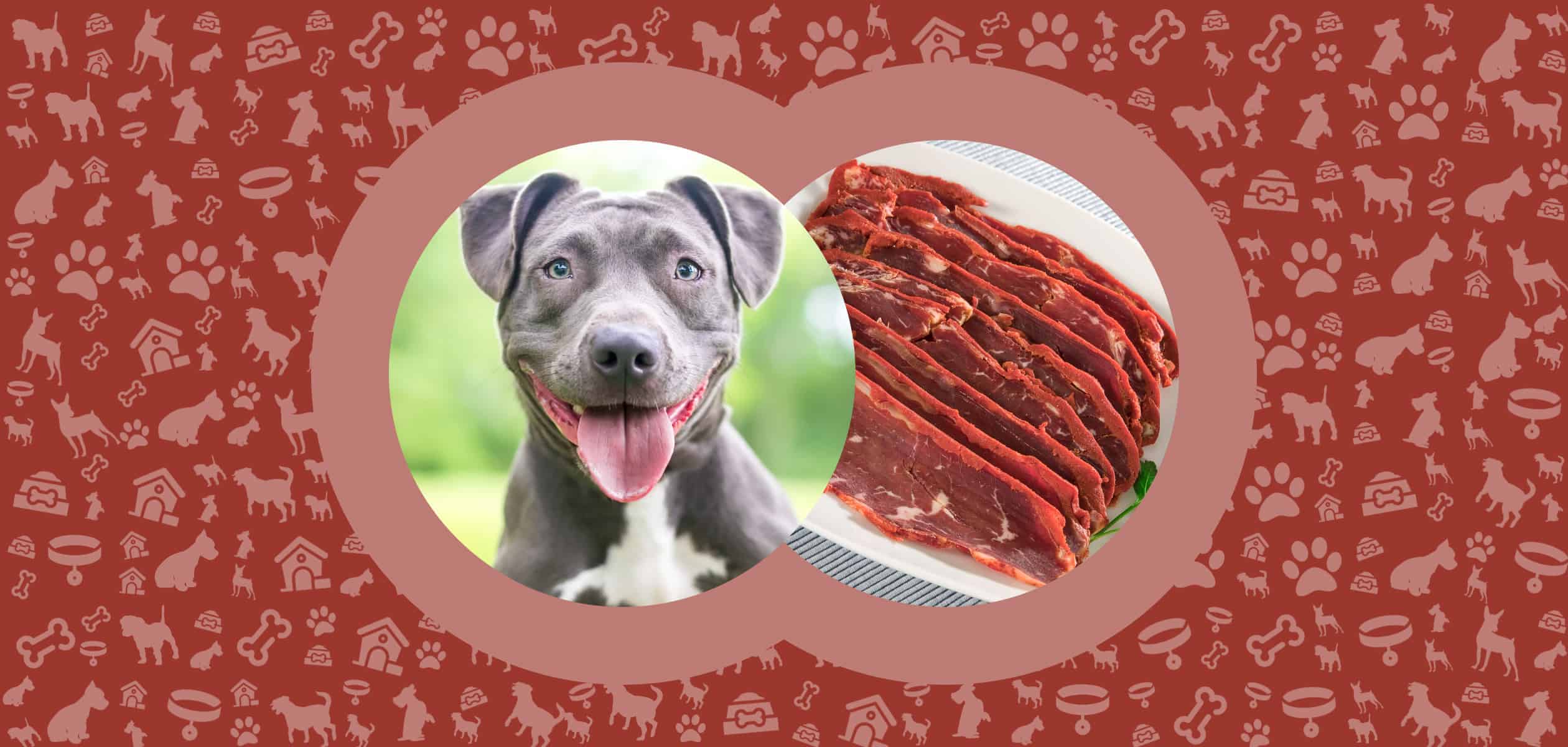
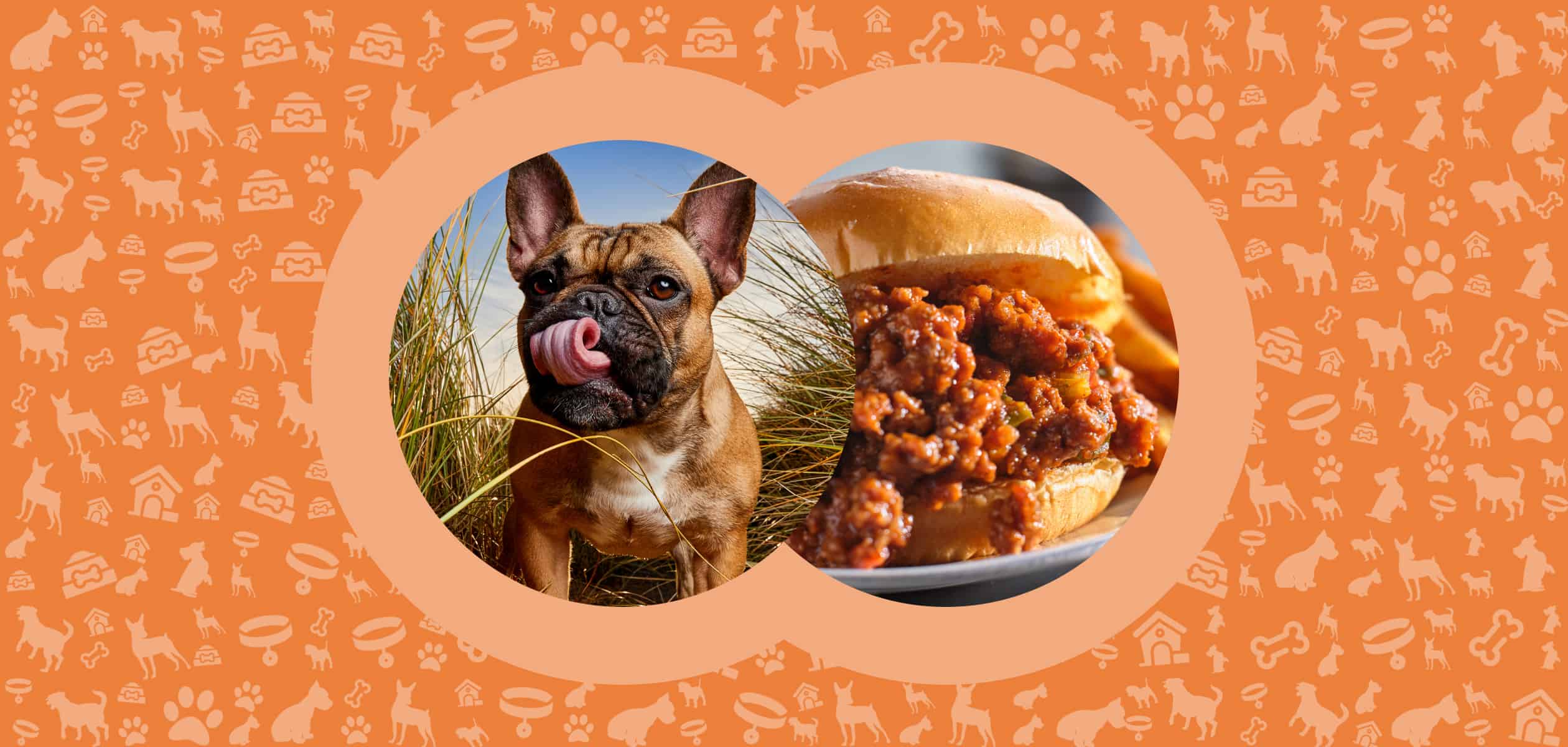
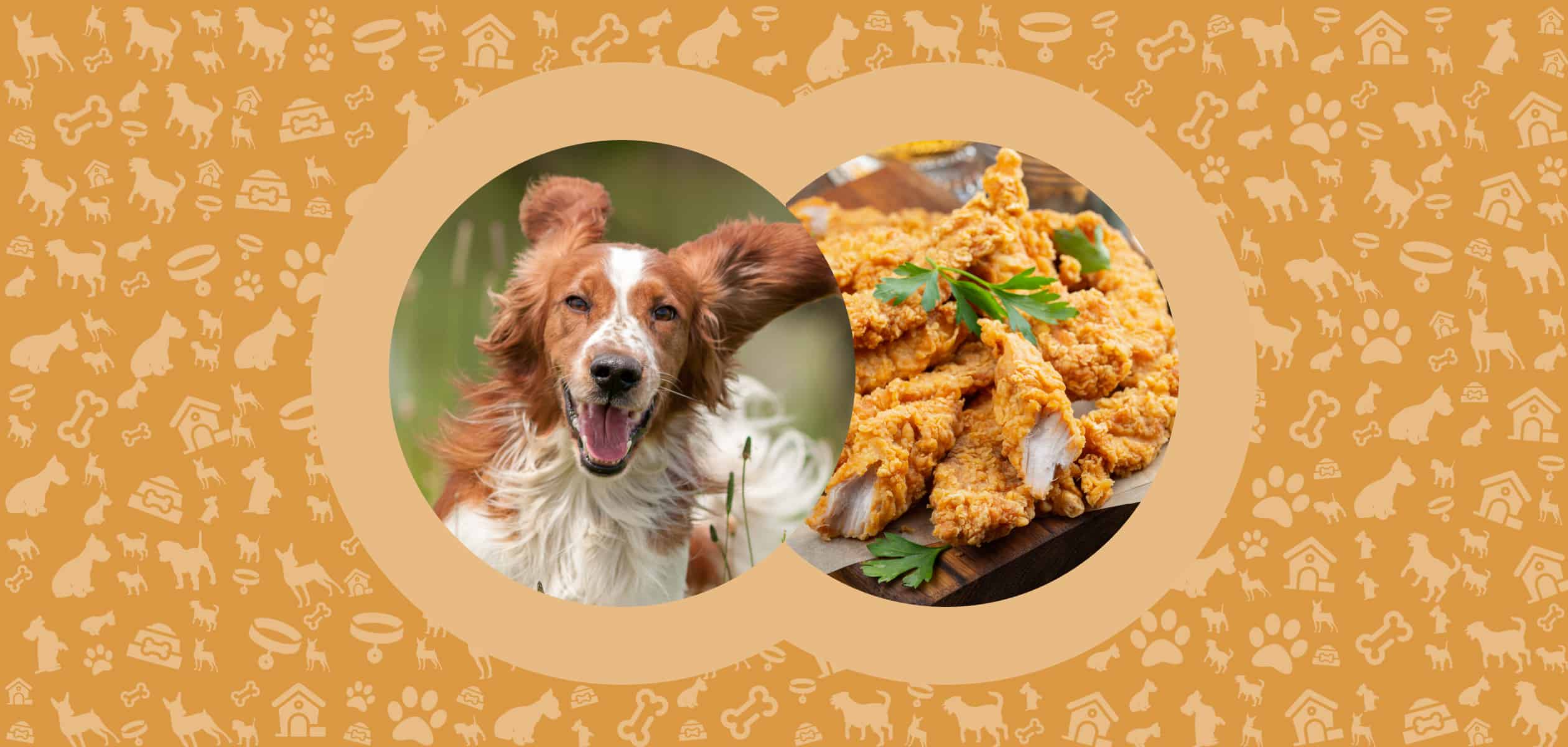
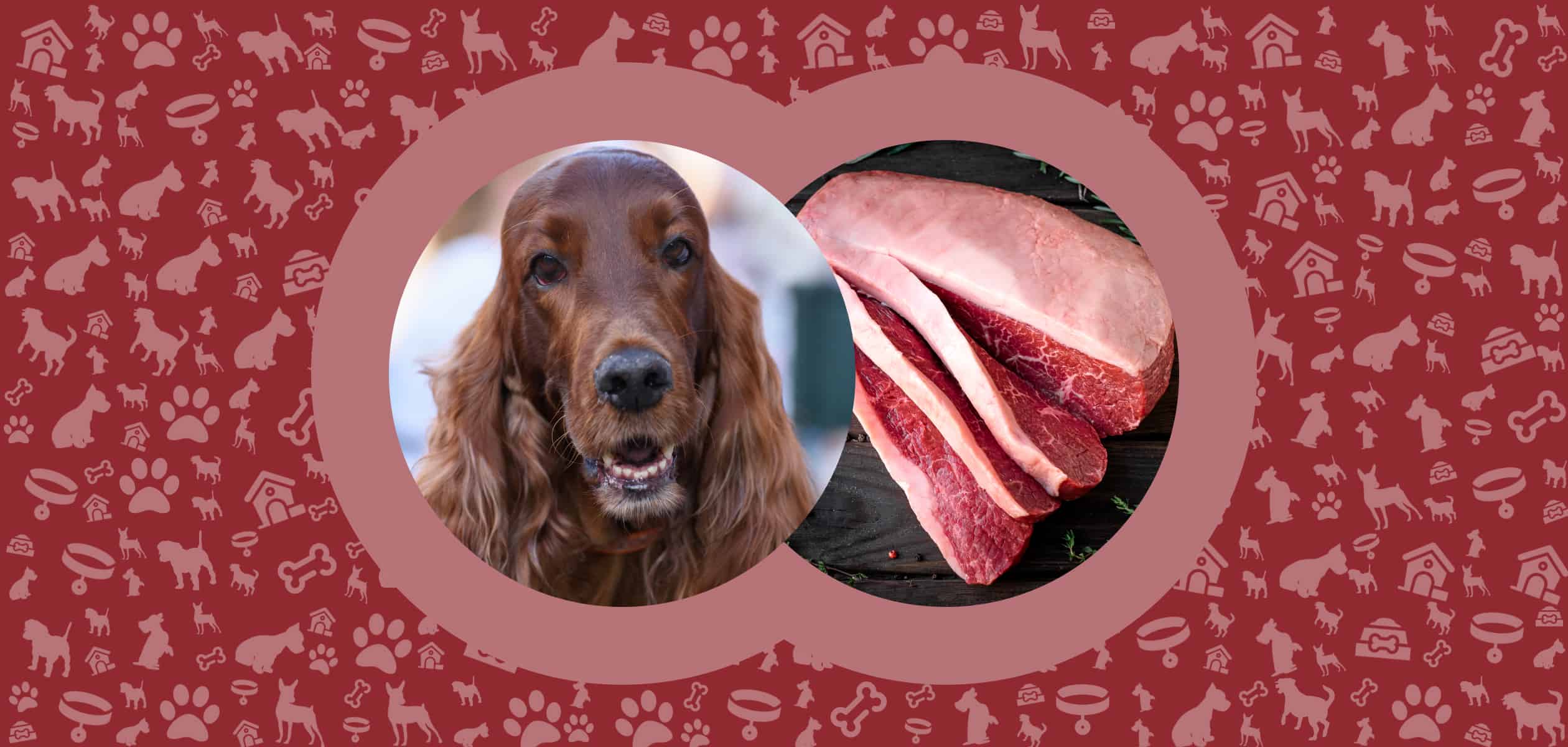
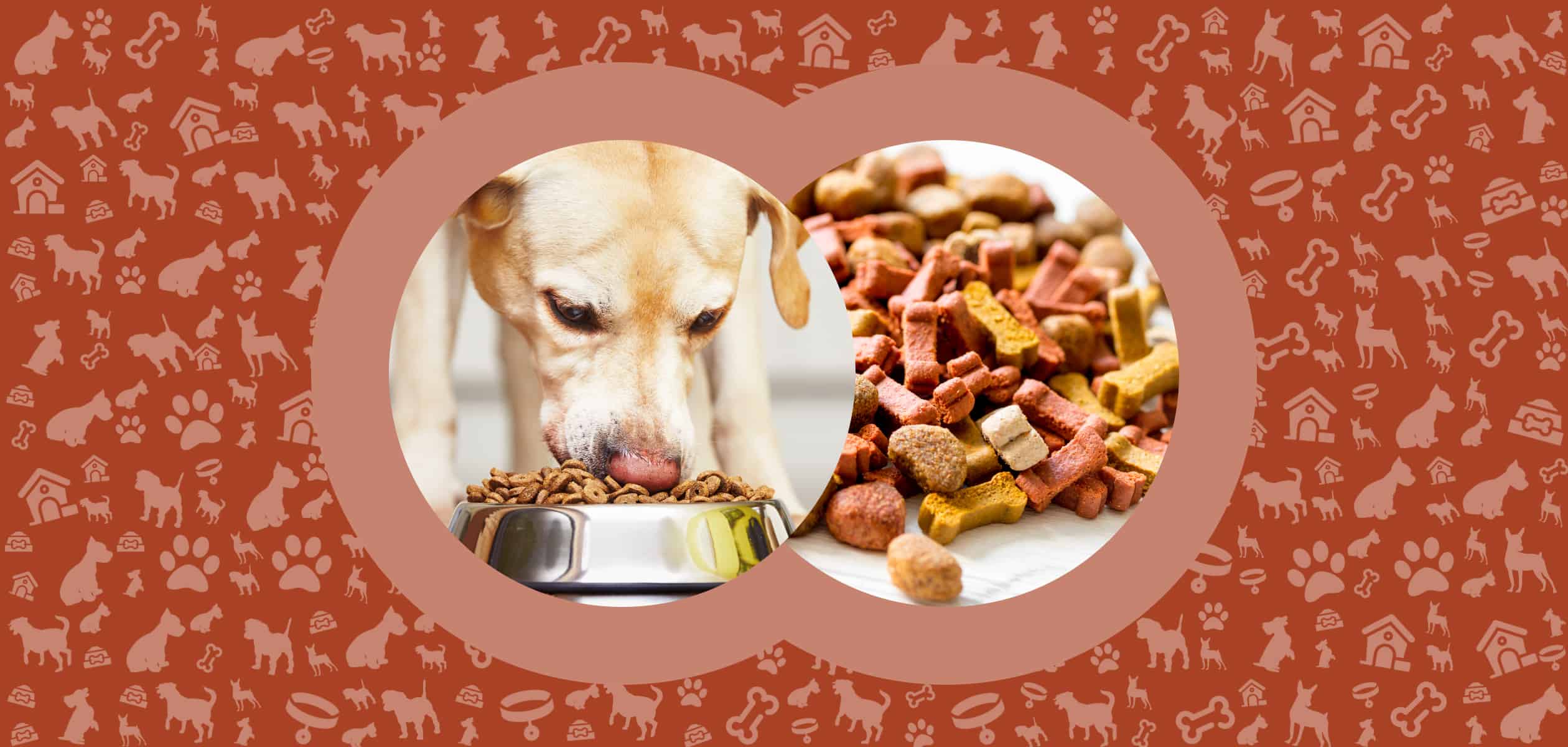
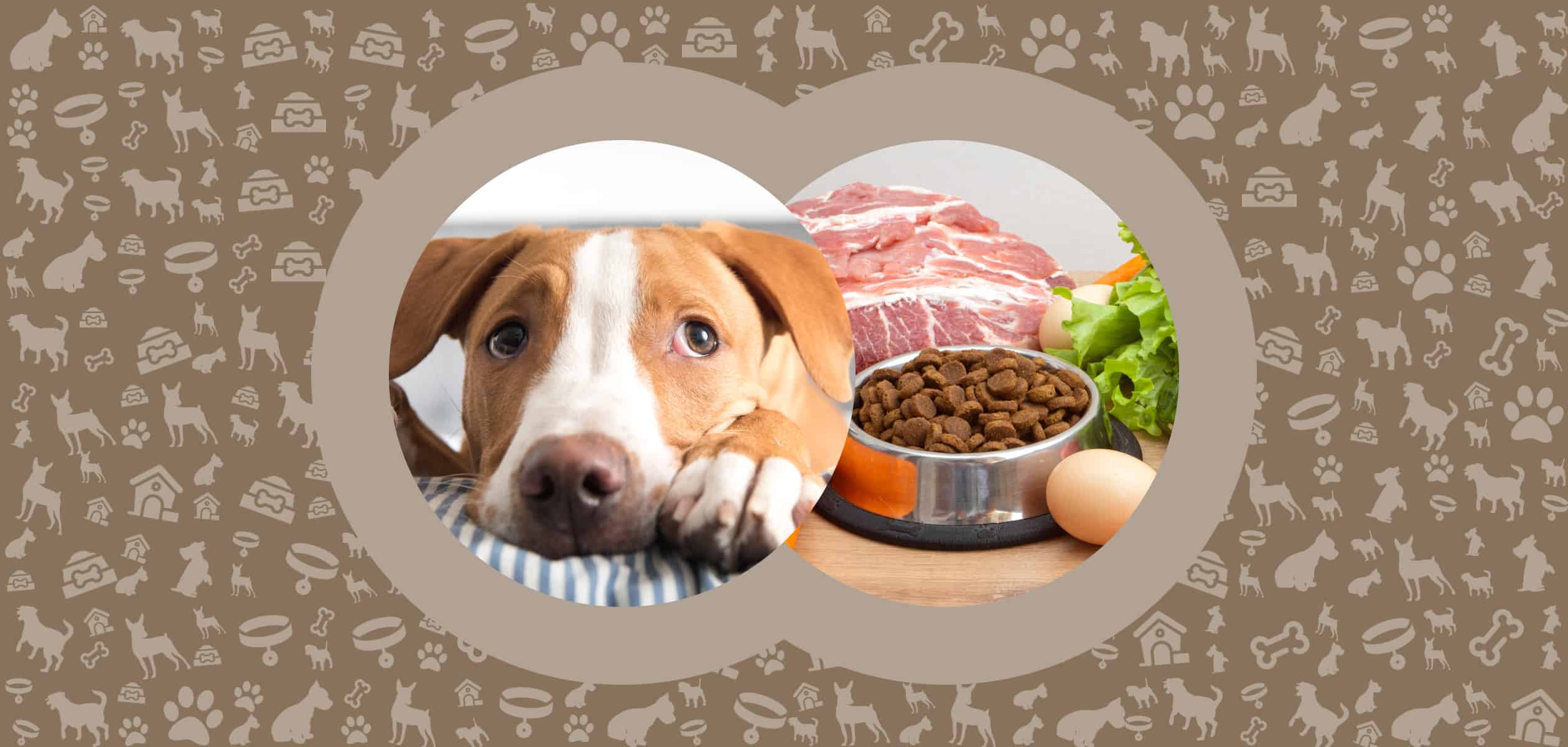
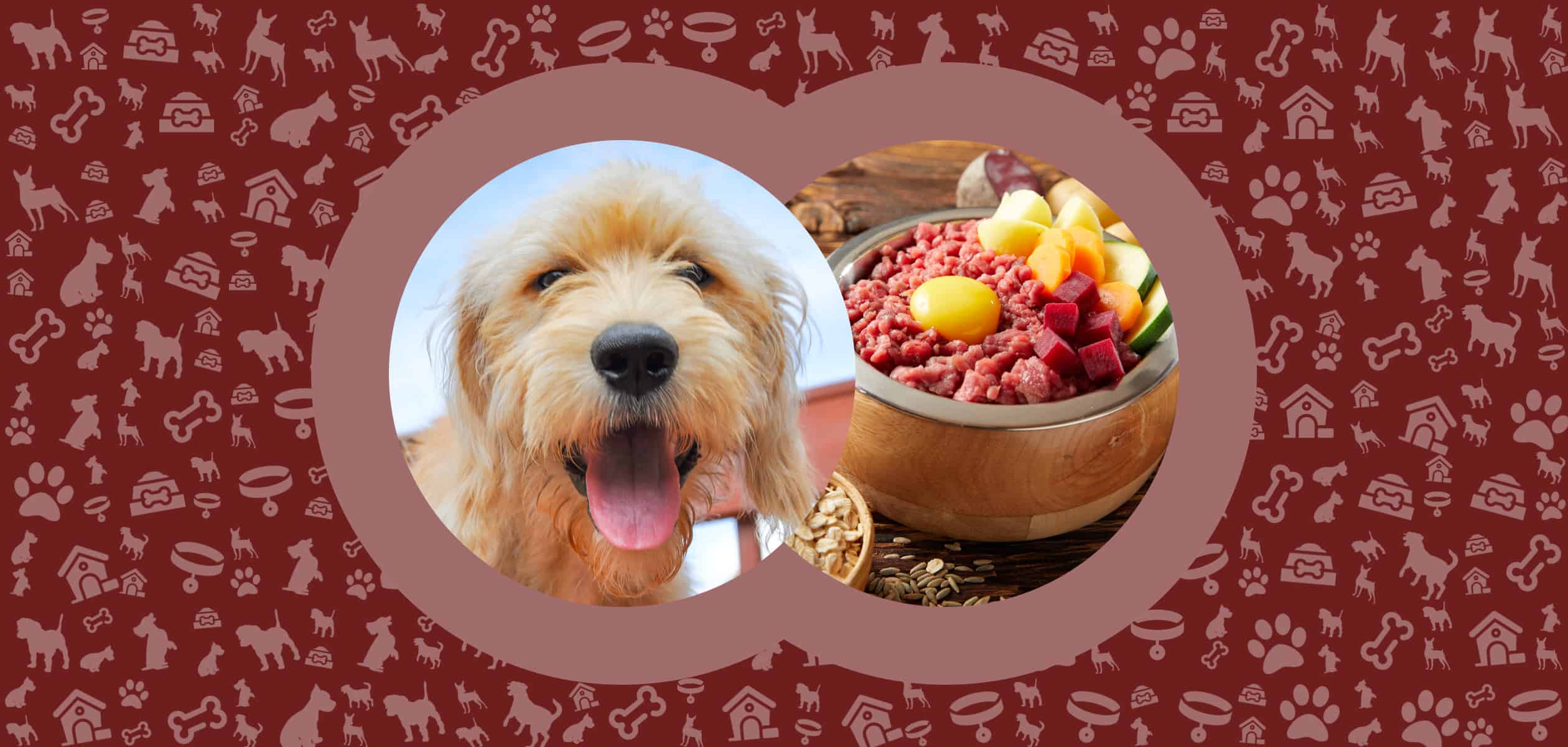
Leave a Comment